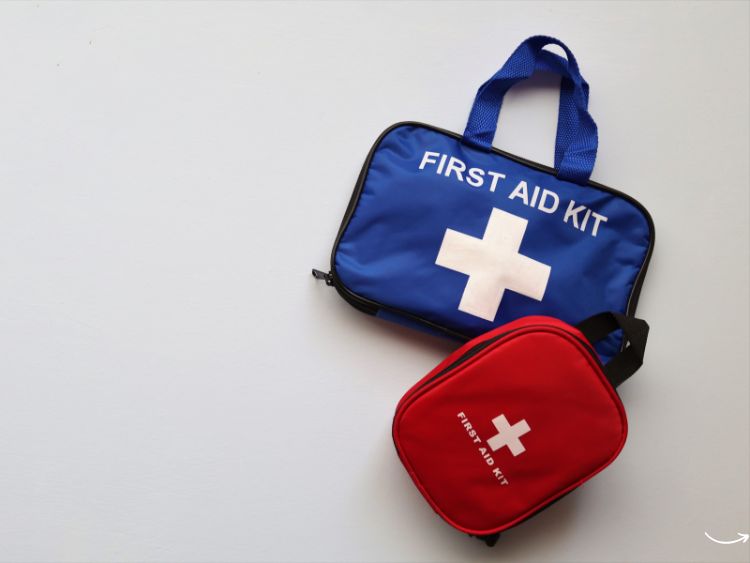What Is Health Screening and Why Does It Matter?
Health screening is the practice of evaluating an individual’s health through specific tests, assessments, or questionnaires. It’s not just about catching illnesses early—it’s about empowering individuals to take control of their well-being. Whether it’s a routine blood test, a mammogram, or a simple BMI check, health screenings are the cornerstone of preventive healthcare.
In today’s fast-paced world, it’s easy to let health take a backseat. But regular screenings can be a lifesaver, quite literally. They help in early detection of chronic diseases like diabetes, hypertension, and cancer, making treatment more effective and less invasive. Think of health screenings as your body’s maintenance schedule, ensuring everything runs smoothly under the hood.
Benefits of Health Screening
Health screening isn’t just for people with health concerns. It offers a range of benefits, including:
- Early Detection: Catching potential health issues before symptoms appear.
- Cost-Effectiveness: Preventive care is often less expensive than treating advanced conditions.
- Peace of Mind: Knowing you’re in good health can reduce anxiety.
- Personalized Health Insights: Screenings provide valuable data tailored to your unique health needs.
Types of Health Screenings
There’s no one-size-fits-all approach to health screening. The type of tests you need depends on factors like age, gender, medical history, and lifestyle. Let’s break down the most common types:
1. General Health Checks
These screenings often include tests for:
- Blood pressure
- Cholesterol levels
- Blood sugar (glucose) levels
- Body Mass Index (BMI)
2. Cancer Screenings
Early detection is crucial when it comes to cancer. Common screenings include:
- Mammograms: For breast cancer in women over 40.
- Pap Smears: To detect cervical cancer.
- Colonoscopy: Recommended for adults over 50 to screen for colorectal cancer.
- PSA Tests: For prostate cancer in men.
3. Heart Health Screenings
Your heart works tirelessly—why not give it a check-up? Common tests include:
- Electrocardiogram (ECG or EKG)
- Stress tests
- Echocardiograms
4. Bone Density Tests
These are vital for detecting osteoporosis, especially in postmenopausal women.
5. Lifestyle-Specific Screenings
If you smoke, drink excessively, or lead a sedentary lifestyle, certain screenings can help assess your risk for related conditions.
When Should You Get Screened?
Knowing when to get screened can be tricky. Here’s a quick guide:
- In Your 20s: Basic screenings like blood pressure, cholesterol, and BMI every few years.
- In Your 30s: Add screenings for diabetes and certain cancers if you have risk factors.
- In Your 40s: Begin regular mammograms or prostate exams, depending on your gender.
- In Your 50s and Beyond: Annual check-ups and more comprehensive tests like colonoscopies.
Overcoming Barriers to Health Screening
Despite the benefits, many people avoid health screenings due to fear, cost, or lack of awareness. Let’s tackle some common barriers:
- Fear of Results: Remember, early detection often means simpler treatments.
- Cost Concerns: Many screenings are covered by insurance or available at low cost through community programs.
- Time Constraints: Prioritize your health—it’s worth taking a day off.
How to Prepare for a Health Screening
Preparation can make your screening experience smoother:
- Know Your Family History: This helps your doctor recommend specific tests.
- Fast if Required: Some screenings, like blood sugar tests, require fasting.
- Stay Relaxed: Stress can impact certain readings, like blood pressure.
FAQs About Health Screening
What happens during a health screening?
Health screenings typically involve a combination of physical exams, blood tests, and questionnaires. The specifics depend on the type of screening.
Are health screenings painful?
Most screenings are non-invasive and painless. Even blood tests involve just a minor prick.
How often should I get screened?
The frequency depends on your age, health history, and risk factors. Talk to your doctor for personalized advice.
Can I skip a screening if I feel fine?
It’s tempting, but many conditions are asymptomatic in their early stages. Regular screenings are crucial for catching issues before they escalate.
Where can I get affordable health screenings?
Look into community health centers, employer wellness programs, or local health fairs. Many organizations offer free or low-cost screenings.
The Role of Technology in Health Screening
Modern technology has revolutionized health screening. From wearable devices that track heart rate and sleep patterns to advanced imaging techniques, staying proactive has never been easier. Telemedicine also allows for virtual consultations, making screenings more accessible than ever.
Conclusion
Health screening is an investment in your future. It’s about staying one step ahead of potential health issues and ensuring a better quality of life. So, what are you waiting for? Schedule your next screening today—because your health is worth it.
Authoritative Links
- Centers for Disease Control and Prevention (CDC): https://www.cdc.gov
- World Health Organization (WHO): https://www.who.int
- National Cancer Institute: https://www.cancer.gov



